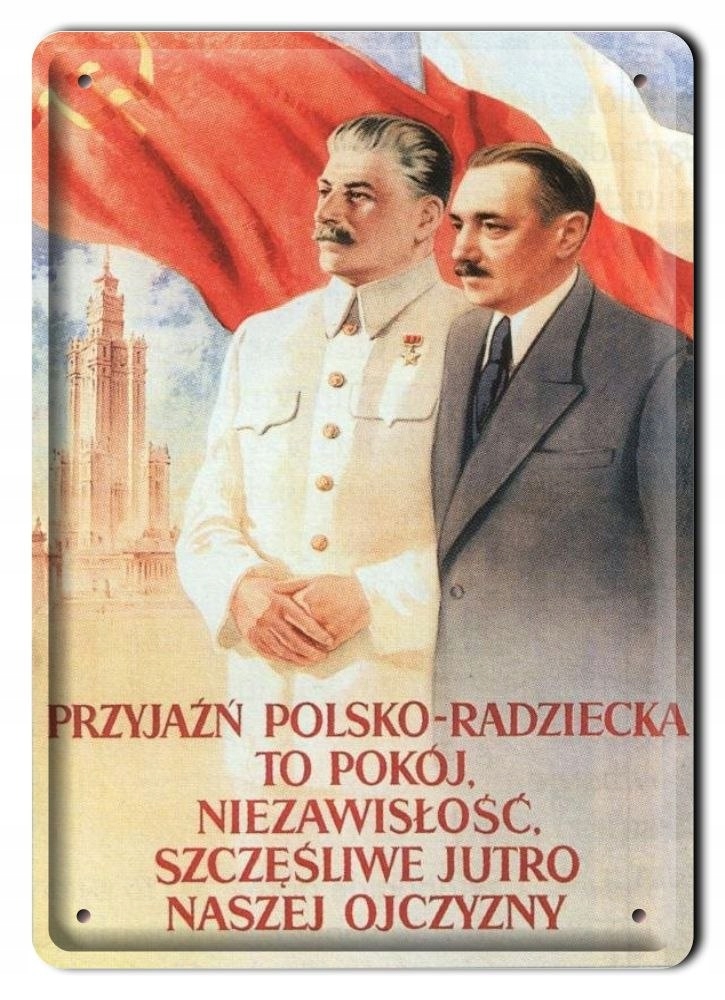It's another anniversary of the genocide that happened in Rwanda. In about 100 days from April 6 to July 1994, an estimated 800,000 to 1 071 000 people were killed.
When the genocide had already begun, Western states (especially the US, France, Belgium and the United Kingdom) had not intervened in any way to prevent it. A study by U.S. law firm Muse based in Washington, D.C., commissioned by the Rwandan government, states that France bears “great responsibility” for the 1994 Tutsi massacre, but is not “coclusive genocide”, writes “Le Figaro”. The French authorities did not hide that they were satisfied with the conclusions of Muse’s report, the paper “Le Figaro”.
On the another hand, another study published by the historical commission set up by president Emmanuel Macron states that France bears a "serious and overwhelming responsibility" for Tutsi's genocide in Rwanda in 1994 and was "blind" to prepare for the massacre. The paper highlights Mitterand's individual work for rapprochement with the "racist, corrupt and violent" government from the Hutu group ruling Rwanda until 1994 president Juvenal Habyariman. The French president maintained a "personal, strong and direct relationship" with Rwandan leader, as quoted by AFP.
Between 1990 and 1993, a civilian war continued in Rwanda between French-backed government forces and Tutsi rebels from the Rwandan Patriotic Front. France's union with Rwanda led to the transportation of large amounts of weapons and ammunition to the regime, and the French armed forces were besides very active in training the Rwandan government army," the paper notes. The attitude of the French administration, which blindly supported the Habyariman government against Uganda-backed RPF, is besides noted.
"Was France a co-conspirator in the Tutsi genocide? If this means that we want to join genocidal actions, no of the archive materials examined confirm it," the study says. However, it was added that "France has for a long time been linked to a government that encouraged racist massacres" and that the country's authorities "were blind to preparations for genocide led by the most extremist elements of this regime".
It was added that the “Operation Turquoise” was besides delayed, led by France by the Oenzet military-humanitarian mission to defend the civilian population in Rwanda. The mission launched in June "saved many people, but not the majority of Tutsi in Rwanda, who were murdered in the first weeks of genocide," notes the report.
The function of France during the genocide in Rwanda has been the subject of a violent debate between scientists and politicians for years, recalls the AFP. This case continues to burden relations between France and Rwanda, whose president since 2000 is RPF leader Paul Kagame. Kigali has long accused France of complicity in genocide.
Jacek Mędrzycki


















